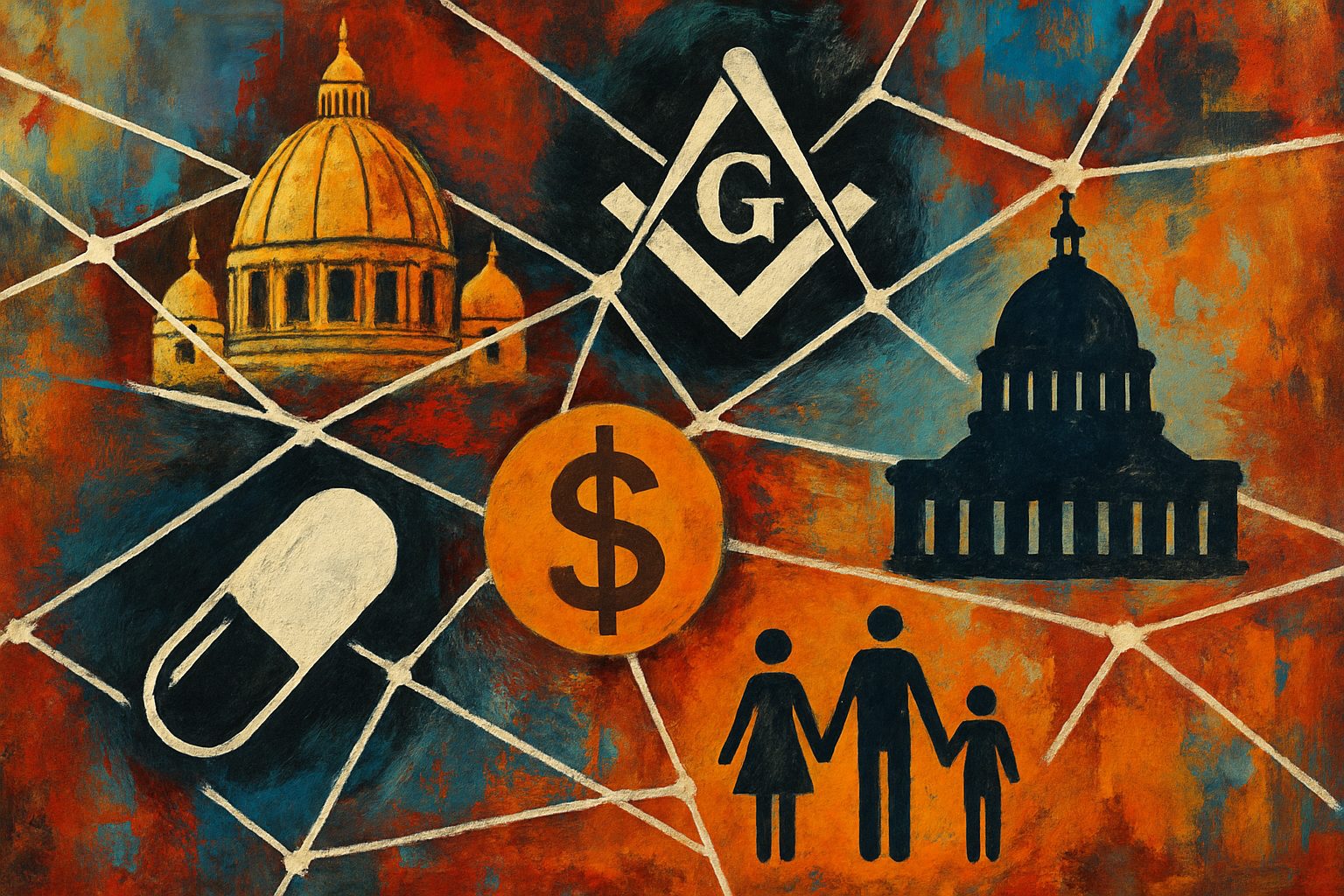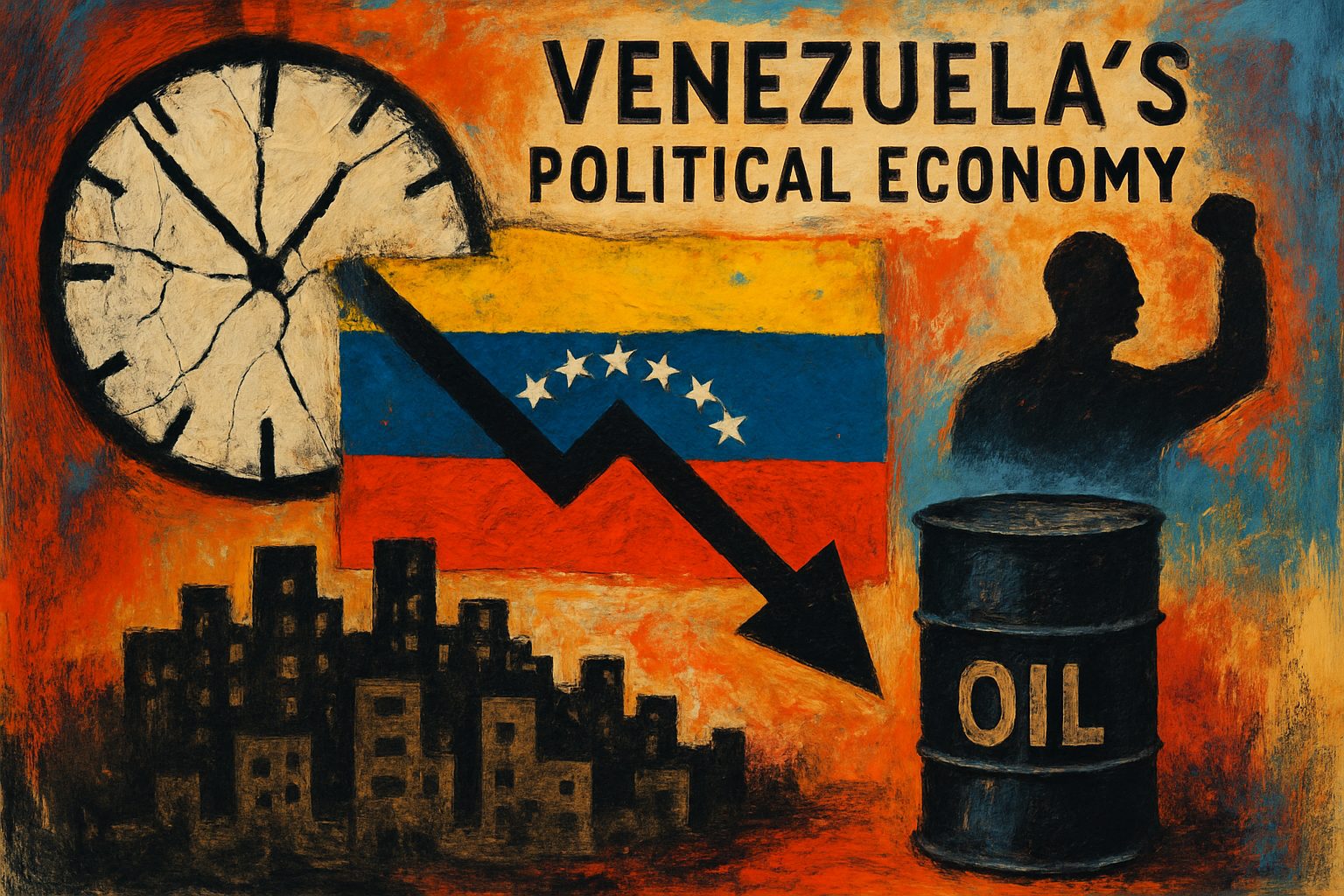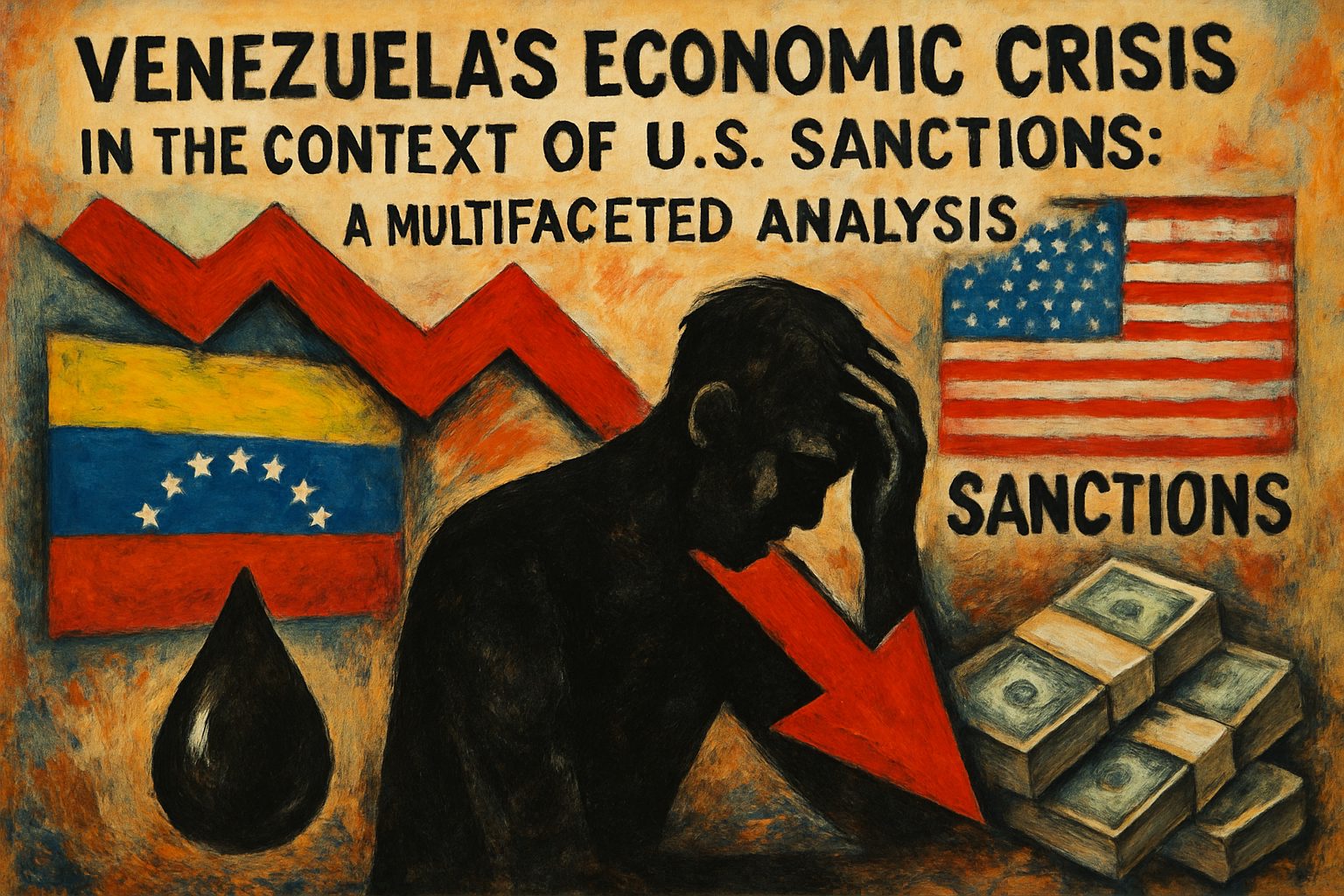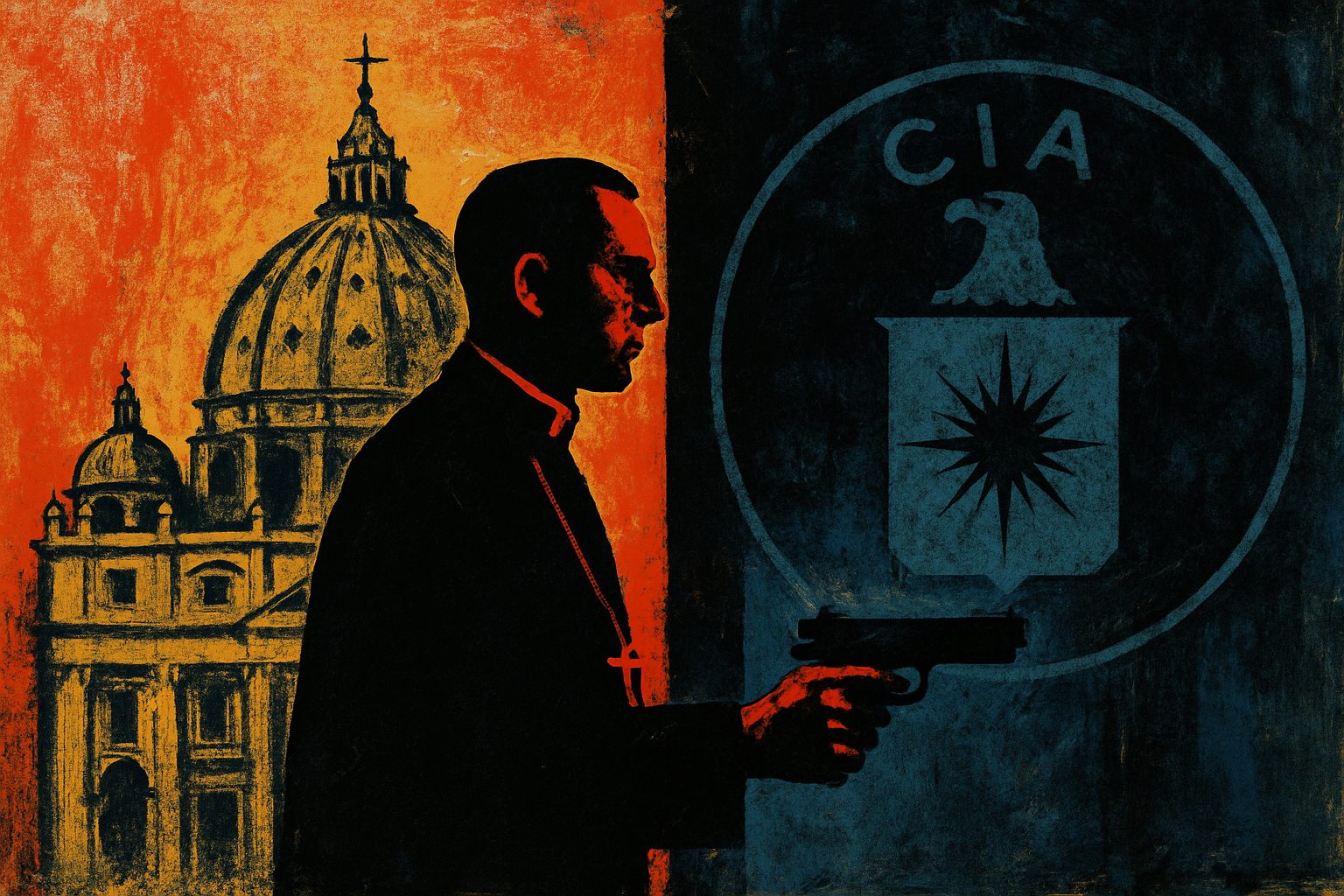
Unveiling the Hidden Ties: Vatican, Secret Societies, Pharma, and American Politics
Dive into the intricate web connecting the Vatican, Christian secret societies, pharmaceutical giants, and American political families. This analysis reveals how financial investments and ideological alignments shape a complex network of influence, offering a fresh perspective on historical and modern power dynamics.

Thesis Statement
The intersection of the Vatican, Christian secret societies, pharmaceutical interests, American politics, and family structures represents a complex network of historical, financial, and ideological connections rather than a coordinated conspiracy. These relationships have evolved through financial investments, ideological alignments, and institutional partnerships that occasionally create overlapping interests across these seemingly disparate domains.
Historical Financial Foundations
The Vatican’s financial operations have historically extended beyond religious activities into global investments. Bernardino Nogara, appointed by Pope Pius XI in 1929, established the framework for the Vatican’s modern financial empire, earning the title “the empire builder of the Vatican”. His investment strategy featured:
- Sector diversification: Investments across multiple industries including pharmaceuticals
- Global reach: International holdings beyond Italian borders
- Long-term perspective: Investments designed to sustain the Church’s financial stability
This financial foundation created potential points of connection with various industries, including pharmaceuticals, through investment portfolios and shared financial interests.
Christian Secret Societies: Opus Dei Case Study
The controversies surrounding Opus Dei provide insight into how Catholic organizations can influence multiple spheres. According to Wikipedia’s comprehensive coverage, this organization demonstrates several relevant characteristics:
- Institutional influence: Members often occupy positions in finance, politics, and academia
- Family emphasis: Strong focus on traditional family structures and values
- Political connections: Documented relationships with political figures across various countries
“The harsh unyielding militancy of Opus Dei leadership” – Catholic Herald archive
The organization’s approach combines spiritual formation with professional advancement, creating natural intersections with political and economic power structures.
Pharmaceutical Industry Connections
The pharmaceutical industry represents a complex intersection point through multiple mechanisms:
Investment Relationships
The Vatican’s historical investment strategies included pharmaceutical holdings as part of diversified portfolios. While specific modern pharmaceutical investments aren’t detailed in available sources, the historical pattern established by Nogara’s “sector competence” approach suggests continued involvement in healthcare-related investments.
Ethical and Policy Positions
The Catholic Church maintains significant positions on bioethical issues that directly impact pharmaceutical research and development:
- Stem cell research: Opposition to certain embryonic research approaches
- Reproductive technologies: Specific ethical guidelines affecting drug development
- End-of-life care: Positions on pain management and palliative medications
These positions create natural engagement points with pharmaceutical policy and regulation.
American Political Dimensions
The connection to American politics operates through several documented channels:
Institutional Relationships
- Vatican diplomatic status: Formal diplomatic relations with the United States since 1984
- Policy advocacy: Catholic positions on social issues influencing political discourse
- Voting blocs: Catholic demographic significance in American elections
Organizational Influence
Groups like Opus Dei have documented presence and influence in American institutions, including:
- Academic institutions
- Political networks
- Professional associations
Family as Connecting Ideology
The concept of family serves as a unifying ideological framework across these domains:
| Institution | Family Emphasis | Policy Impact |
|---|---|---|
| Vatican | Traditional family values | Global social policy influence |
| Secret Societies | Recruitment through families | Intergenerational continuity |
| Pharmaceuticals | Family health markets | Pediatric and geriatric focus |
| Politics | Family policy legislation | Voting bloc considerations |
This shared focus on family creates natural alignment points despite different primary missions.


